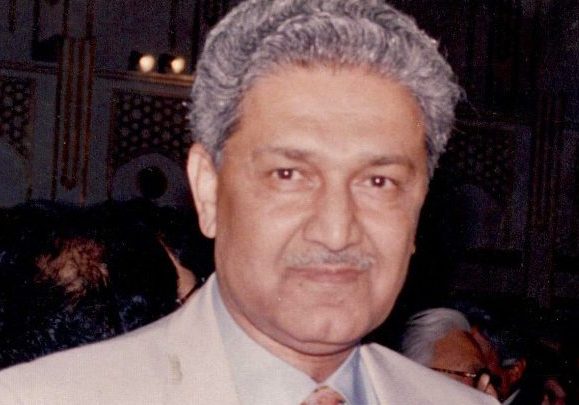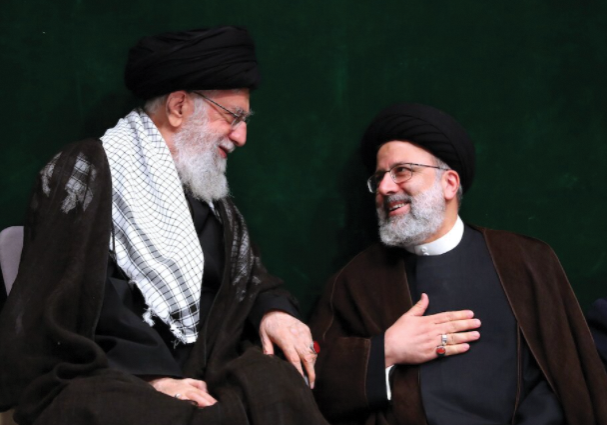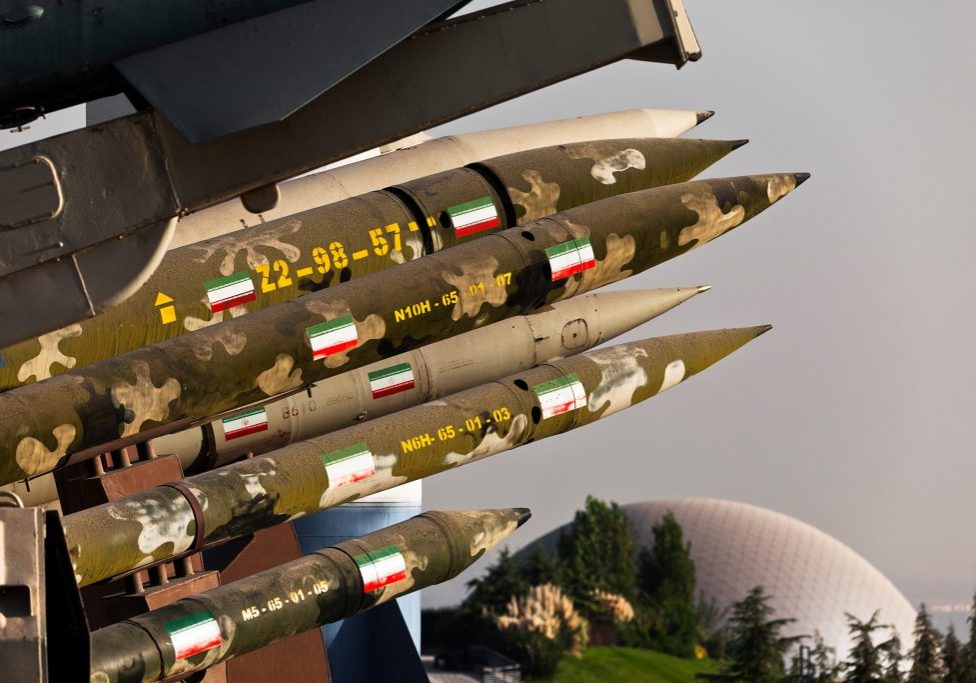Australia/Israel Review
Editorial: Terror and Democracy
Nov 1, 2005 | Ted Lapkin
The words of war do not recognise the conventions of tolerance and mutual respect that are a foundation-stone of democracy. To the contrary, the verbiage of violence is intended to incite and inspire acts of destruction against the enemy.
It was words of jihad that motivated four native-born British Muslims to perpetrate suicide attacks against the public transit system in London. These young terrorists were radicalised by the books and sermons that preached the virtues of Islamic holy war against the infidel. At a mosque in their home city of Leeds, the Underground bombers were convinced of the desirability of dying for the purpose of preventing kuffar (unbelievers) from living.
The democracies of the West once considered such incendiary Islamist rhetoric to be nothing more than the exotic ravings of deranged foreign fanatics. But on September 11, 2001, al-Qaeda disabused us of our arrogance. Since that day, the more perceptive among us have realised that this insouciance was the complacency of fools. While we turned a blind eye to the rising tide of extremist Islam, our jihadist foes plotted to wreak death upon us.
During WWII, the Commonwealth enacted emergency regulations that were far more restrictive than anything contemplated by John Howard. From arbitrary mass detention to absolute censorship of the press, the strictures of this wartime regime were incompatible with the normal principles of democracy.
Of course, attaining the proper balance of liberty and security is a tricky business at the best of times. Thus the back and forth throughout the state and federal echelons of politics regarding oversight and safeguards that are needed in anti-terror laws is a positive thing. But disagreements over the exact balance to be struck are very different from the claims that Australian democracy will be forever ruined if the law is changed to reflect the fact that we are at war.
US Supreme Court Justice Robert Jackson famously remarked: “the Bill of Rights is not a suicide pact.” In times of exigent peril, liberty must often be defended by less than liberal means.
Anglospheric democracy has proved both resilient and resistant to the temptations of rule by executive fiat. The histories of Australia, Britain and America all demonstrate that as danger receded, emergency decrees were consigned to the dust bin.
The fearmongering jeremiads of Australia’s civil libertarians have generated much more heat than light on the question of anti-terrorism legislation. Australian democracy will weather the storm of jihadism just as it survived the tempest of Nazism.
Ted Lapkin
Tags: International Security






